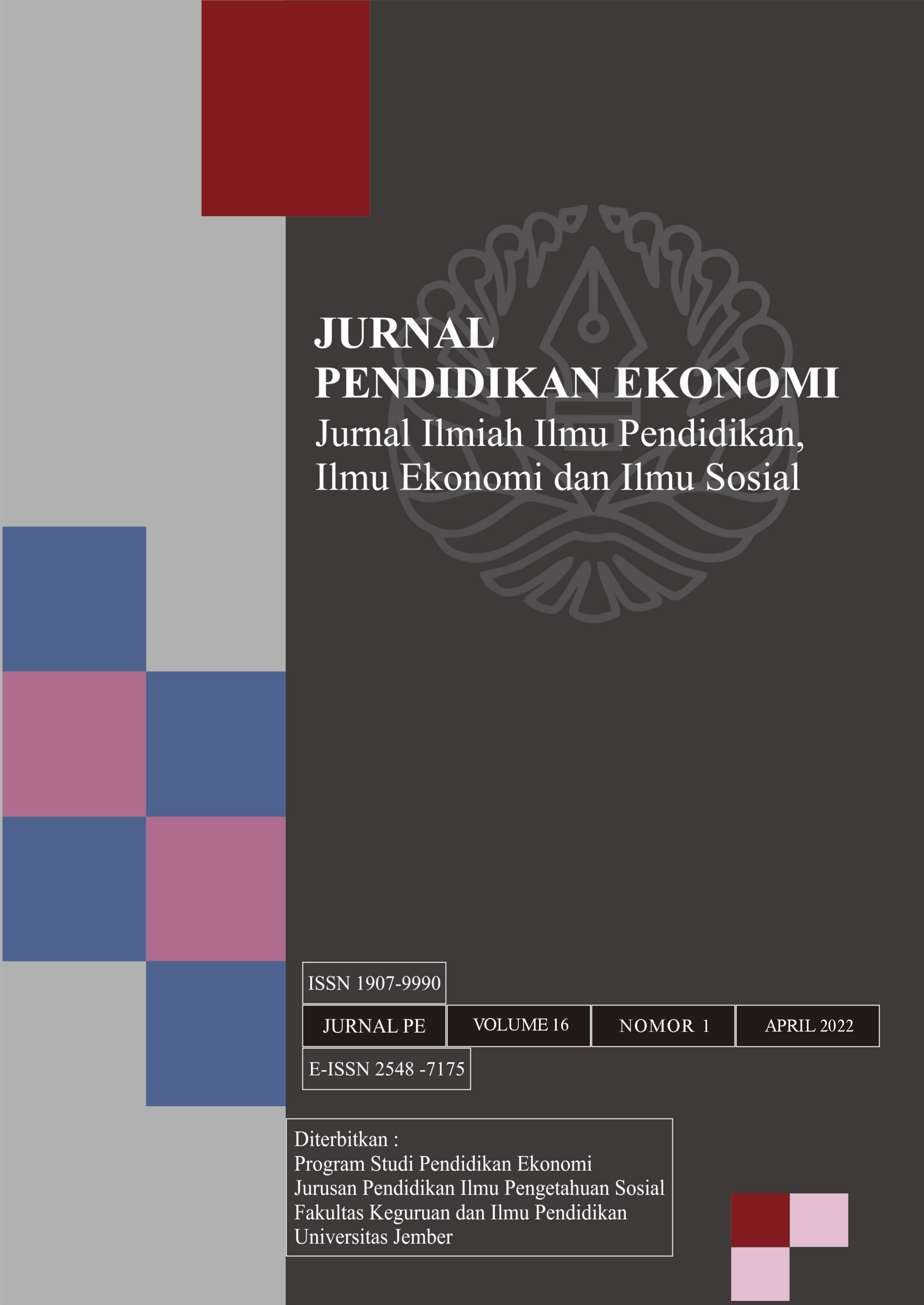THE EDUCATION OF ANTI-CORRUPTION IN SECONDARY SCHOOL
Long-Term Alternative in Preventing Corruption
Keywords:
anti-corruption, curriculum, education, schoolAbstract
Corruption prevention can be done by changing attitudes and behavior towards anti-corruption. Changing anti-corruption attitudes and behavior can be done through anti-corruption education in schools. The purpose of this study is to describe an anti-corruption culture in schools. This research was conducted using naturalistic inquiry methods. The results of this study the main task of anti-corruption education in schools is to provide knowledge to teach how to recognize corruption (and separate it from other types of crime), give arguments on why corruption is a crime, and show how to reduce fraud. In conclusion, Anti-corruption education can be integrated into the contents of the civic, social education curriculum, or separately in extra-curricular activities. It must be based on value learning and contextual teaching.
Downloads
Published
Issue
Section
License

This work is licensed under a Creative Commons Attribution-ShareAlike 2.0 Generic License.


